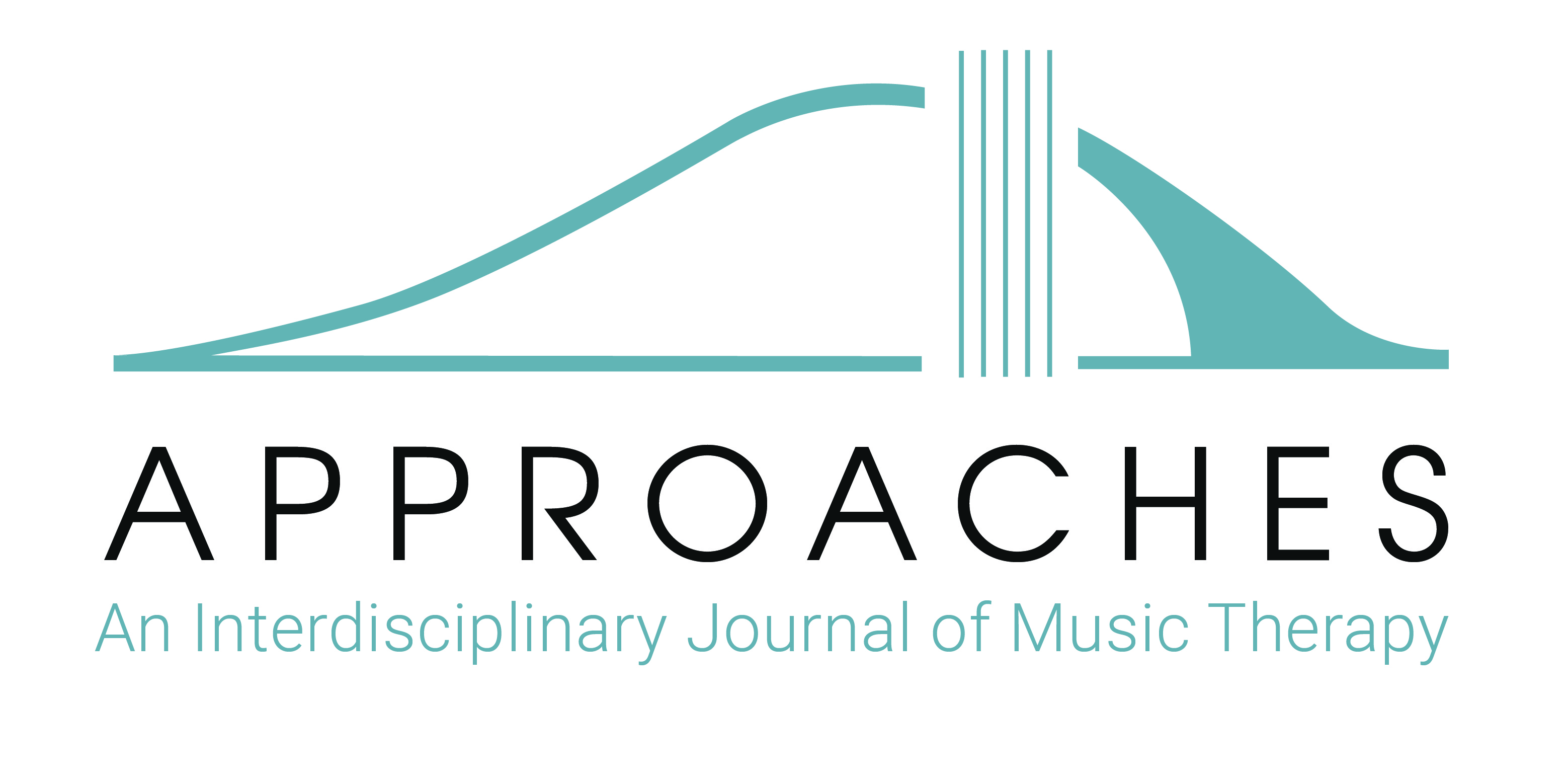Volume 12 (1) 2020 – Article (first published on 13 April 2018)
Music interventions and pain: An integrative review and analysis of recent literature
Hannah Fidler & Peter Miksza
Abstract
Music interventions offer a low-cost, low-risk adjuvant to traditional therapies. However, scarce physiological evidence exists to explain how music relieves pain. In this integrative review, we provide a summary of results in the recent literature regarding music-induced analgesia and provide a critical analysis of methodological patterns. We then describe the need for robust theoretical explanations that could account for the observed effects of music on pain. We completed a broad electronic search using common search engines to identify recent experiments and literature reviews that represented the current understanding of potential causal relationships between music and pain. Thirty-one articles were synthesised in this review – 23 were individual experiments and eight were literature reviews. The results show that music-induced analgesia is a consistently observable phenomenon in clinical settings, although a minority of articles report inconclusive results. The magnitude of pain relief is small to modest and results become less conclusive when derived from indirect measures of pain. Limitations of the recent literature revolve around operational definitions of pain, varieties of pain examined within articles, over-reliance on self-reporting scales, rigour in demographic reporting, diversity and size of samples and weak experimental designs. Theoretical explanations for the effect of music on pain are varied but undeveloped and lacking in physiological evidence. We conclude that music-induced analgesia is a persistently observable phenomenon. To advance the field of study, more rigorous methodological practices need to be applied and more attention needs to be focused on finding underlying physiological mechanisms for the relationships between music and pain.
Keywords
music interventions, music therapy, pain, pain management, music-induced analgesia, alternative therapies
Biographies
Hannah Fidler is a graduate of Indiana University and holds a bachelor’s degree in Jazz Studies with an Outside Field in Neuroscience. During her time at the IU Music and Mind Lab, her research focused on music therapy’s effects on pain with a particular interest in detecting underlying biological mechanisms for music-induced analgesia. She lives in Chicago and pursues a career as a bassist, composer, and music educator.
Email: hannah.lynae@gmail.com
Peter Miksza is associate professor of music education at the Indiana University Jacobs School of Music. He is co-director of the IU Music and Mind Lab. His research interests are broad include music psychology, music teacher education, and music education policy.
Email: pmiksza@indiana.edu
